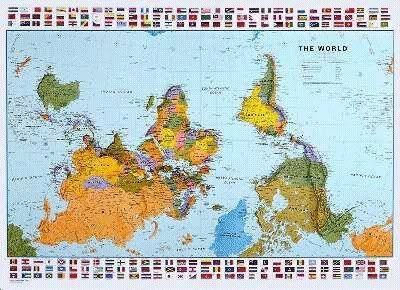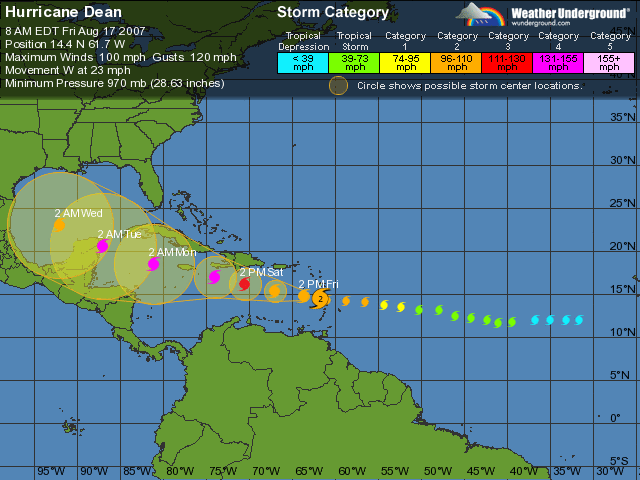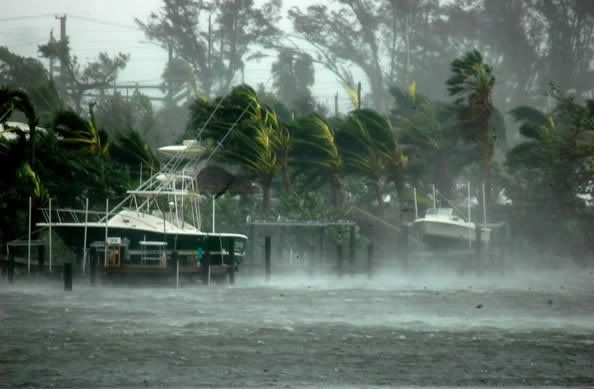Some Perspective, Please
cross posted from dailyKos
Habit is an amazing blocker of perception. It keeps thoughts within particular, constantly used, familiar channels. An example. Think for a second, if you will about what a map of the world looks like. Do you think in mercator projection? In your map, which you probably saw in classrooms, Greenland and England are enormous. And then there's this:

There is, of course, no scientific reason why Europe and America should be at the top and Africa and South America should be at the bottom. But if we want to understand how ingrained in our thinking American exceptionalism is, the "upside down" map is a good place to begin.
There are historical reasons for perceptions. There are habitual reasons. There are artificial reasons. Sometimes we don't even recognize when our thinking is stuck in the habitual channel. The channel I'm thinking about at the moment is the belief that the US is the center of the world, that the planet revolves around the US, and that, therefore, the US is special, the US is , well, exceptional. Special.
One of the habitual thoughts most US citizens dwell on is that the rest of this hemisphere doesn't really exist, that it's essentially unimportant to us even though it is so very close to us. It is there for the US to exploit, but it is not of the same value as the US. It is somehow less, somehow not as vital, somehow not as important.
US citizens, for example, know about the destruction brought to the US by Hurricane Katrina. But fewer of us noticed that Hurricane Wilma destroyed Cancun, and even fewer of us noticed that unlike New Orleans immediate repairs to Cancun was a top priority of the government. While New Orleans still suffers, as far as I can tell Cancun has been fully repaired and, as they say, "Cancun esta de pie."
Which brings me to the present hurricane season, which has begun too soon. Tropical Storm Erin flooded Texas. We paid attention to that storm, of course, because it landed in Texas. We thought whatever thoughts we thought about how increased hurricane activity is related to global warming, and how that means that more damage might be done in the US. We thought that Erin seemed to be hitting early in the season, and maybe that meant there would be more hurricane activity this year than last year and more damage to the US.
But what of those storms that probably won't hit the continental United States, storms like Hurricane Dean, which is thrashing around in the Caribbean at this very moment? If a hurricane comes ashore in a country that is not the US, is it still a hurricane? If a tree falls in the forest, and no one...
According to Reuters, it's too early to know where Dean will come ashore.
But Weatherunderground has this very disquieting map:

And this map looks to put Dean on a track like Hurricane Wilma, which destroyed Cancun two years ago. Maybe you can remember Wilma:

I remember it very well. And I remember the reconstruction and what some felt was the death of the tourist industry in Quintana Roo, Mexico. But this isn't about me, or hurricanes, or Quintana Roo. Or my house in Bahia Soliman, Tulum, Municipal. Solidaridad, Quintana Roo. It's about our thinking.
Wouldn't it be amazing if when we looked at the storm map of Hurricane Dean we could recognize the connections we have with the rest of this hemisphere? Wouldn't it be remarkable if instead of looking immediately for the border between the US and Mexico, something that might disconnect us from the storm, we could perceive our connectedness? Wouldn't it be amazing if it didn't really matter to us in which country Dean was going to land? And isn't this the very shift we have to begin to make in our thinking if we want to get to the roots of American exceptionalism and dig them up?
Habit is an amazing blocker of perception. It keeps thoughts within particular, constantly used, familiar channels. An example. Think for a second, if you will about what a map of the world looks like. Do you think in mercator projection? In your map, which you probably saw in classrooms, Greenland and England are enormous. And then there's this:

There is, of course, no scientific reason why Europe and America should be at the top and Africa and South America should be at the bottom. But if we want to understand how ingrained in our thinking American exceptionalism is, the "upside down" map is a good place to begin.
There are historical reasons for perceptions. There are habitual reasons. There are artificial reasons. Sometimes we don't even recognize when our thinking is stuck in the habitual channel. The channel I'm thinking about at the moment is the belief that the US is the center of the world, that the planet revolves around the US, and that, therefore, the US is special, the US is , well, exceptional. Special.
One of the habitual thoughts most US citizens dwell on is that the rest of this hemisphere doesn't really exist, that it's essentially unimportant to us even though it is so very close to us. It is there for the US to exploit, but it is not of the same value as the US. It is somehow less, somehow not as vital, somehow not as important.
US citizens, for example, know about the destruction brought to the US by Hurricane Katrina. But fewer of us noticed that Hurricane Wilma destroyed Cancun, and even fewer of us noticed that unlike New Orleans immediate repairs to Cancun was a top priority of the government. While New Orleans still suffers, as far as I can tell Cancun has been fully repaired and, as they say, "Cancun esta de pie."
Which brings me to the present hurricane season, which has begun too soon. Tropical Storm Erin flooded Texas. We paid attention to that storm, of course, because it landed in Texas. We thought whatever thoughts we thought about how increased hurricane activity is related to global warming, and how that means that more damage might be done in the US. We thought that Erin seemed to be hitting early in the season, and maybe that meant there would be more hurricane activity this year than last year and more damage to the US.
But what of those storms that probably won't hit the continental United States, storms like Hurricane Dean, which is thrashing around in the Caribbean at this very moment? If a hurricane comes ashore in a country that is not the US, is it still a hurricane? If a tree falls in the forest, and no one...
NEW YORK (Reuters) - Hurricane Dean, which could strengthen into a Category 4 hurricane over the next two days, pounded the eastern Caribbean islands of Martinique and Dominica as it churned into the Caribbean Sea.
And next week Dean will likely enter the Gulf of Mexico, threatening the region's oil and natural gas facilities, which account for roughly a third of U.S. oil production, the National Hurricane Center predicted.
Overnight Dean strengthened into a Category 2 hurricane, with winds near 100 miles per hour
According to Reuters, it's too early to know where Dean will come ashore.
But Weatherunderground has this very disquieting map:

And this map looks to put Dean on a track like Hurricane Wilma, which destroyed Cancun two years ago. Maybe you can remember Wilma:

I remember it very well. And I remember the reconstruction and what some felt was the death of the tourist industry in Quintana Roo, Mexico. But this isn't about me, or hurricanes, or Quintana Roo. Or my house in Bahia Soliman, Tulum, Municipal. Solidaridad, Quintana Roo. It's about our thinking.
Wouldn't it be amazing if when we looked at the storm map of Hurricane Dean we could recognize the connections we have with the rest of this hemisphere? Wouldn't it be remarkable if instead of looking immediately for the border between the US and Mexico, something that might disconnect us from the storm, we could perceive our connectedness? Wouldn't it be amazing if it didn't really matter to us in which country Dean was going to land? And isn't this the very shift we have to begin to make in our thinking if we want to get to the roots of American exceptionalism and dig them up?
Etiquetas: Cancun, Hurricane Dean, Hurricanes, n, quintana roo






3 Comments:
let me know if you want me to do anything about your tulum house. we're evacuating to either Chetumal or Xpuhil but on the way back (paamul) i'd be happy to take photos and send them to you.
jamie and kathy: any photos from QRoo would be greatly appreciated.
I'm not in Tulum right now, but we're getting the house ready anyway. Thanks
I agree fully with your argument. The blind spots are stupefying. I've lived in Cancun since 1983. These people know how to handle hurricanes, believe me. Stop by http://www.cafecancun.com/gilbert.shtml for my story about living through Gilbert.
Publicar un comentario
<< Home